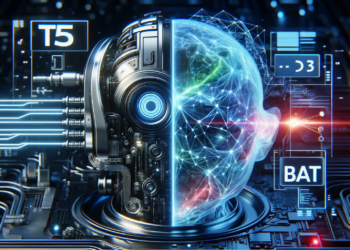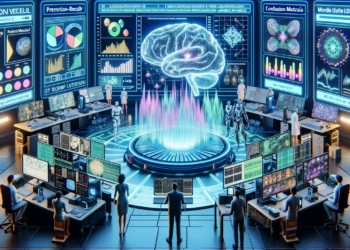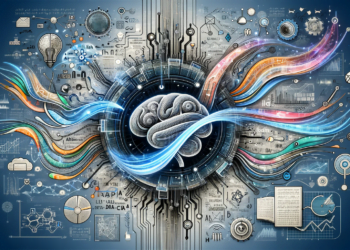Recent advances in artificial intelligence (AI) have propelled large-scale language models, such as GPT-3 and BERT, to the forefront of natural language processing (NLP). However, these computational giants come with a demanding resource burden, limiting their accessibility and scalability. This is where low-capacity models and knowledge distillation emerge as powerful countermeasures, balancing the scales between efficiency and effectiveness.
Low-Capacity Models: Redefining Efficiency
The premise of low-capacity models lies in designing and training neural networks that maintain high performance levels with fewer parameters and reduced computational consumption. This is achieved through various approaches, such as model pruning, which involves removing redundant or less relevant neural connections, and the use of matrix factorization techniques to decompose and simplify the dense layers of neural networks.
Advanced Techniques for Model Compression
Knowledge distillation emerges as a strategy to transfer the wisdom from a large and complex model (teacher) to a smaller, more manageable one (student). This involves a type of regression where the student model learns to imitate the behavior of the teacher model, absorbing its “knowledge” through training guided by the logits (outputs before the activation function) of the large model.
1. Hybrid Approaches:
In the current landscape, we see hybrid approaches that combine iterative pruning with distillation, progressively refining the architecture of the student model until it can replicate the teacher’s performance with a fraction of the resources.
2. Optimization of Knowledge Distillation Parameters:
Parameters such as the temperature in the logits’ softening function and the weight factor for the distillation term in the loss function are meticulously calibrated to maximize knowledge transfer without sacrificing the student model’s generalizing ability.
Advancements in Knowledge Distillation Algorithms
DistilBERT and TinyBERT are notable examples of models that apply knowledge distillation to reduce BERT’s computational complexity without a significant loss of performance. These models use specialized algorithms that break down BERT’s complexities into smaller, more manageable structures, allowing their deployment in environments with limited resources.
Improvements in the Efficiency of Knowledge Transfer
Distillation algorithms have been refined to improve the alignment of attention between the teacher and student models, a crucial technique for preserving the model’s interpretability and performance in text comprehension tasks. In turn, self-distillation strategies, where the student model is its own teacher, have proven effective for continuous improvement without the need for a larger pre-trained model.
Practical Applications and Case Studies
A relevant case study is the use of distilled models in virtual assistants and chatbots. Here, the ability to offer quick and precise responses is critical and greatly benefited by the efficiency of models like DistilBERT. Unlike their larger counterparts, these models can run on mobile devices or be invoked frequently in the cloud at a lower cost.
Impact on Industry and the Environment
Computational efficiency translates not only into economic savings for companies but also has a positive impact on AI’s energy footprint, an increasingly important factor in the face of growing concern about climate change.
Future Directions and Potential Innovations
As distillation techniques and low-capacity models advance, research proliferates on the potential to integrate sparse attention mechanisms and more efficient network architectures, such as leaner Transformers specialized in specific tasks.
Implications for Research and Development
Future research could focus on the adaptability of small models to a broader range of languages and dialects, a fundamental necessity for truly inclusive global AI. Additionally, advances in federated learning and privacy preservation could intersect with the development of small models to expand their applicability in data-sensitive environments.
Conclusion: A Commitment to Efficiency and Effectiveness
Low-capacity language models and knowledge distillation techniques represent a balance between efficiency and cognitive depth, playing a crucial role in a future where AI must be sustainable and accessible to all. Continual innovation in these fields promises to not only preserve but also expand the capabilities of AI with an awareness of its economic and environmental impact.






















